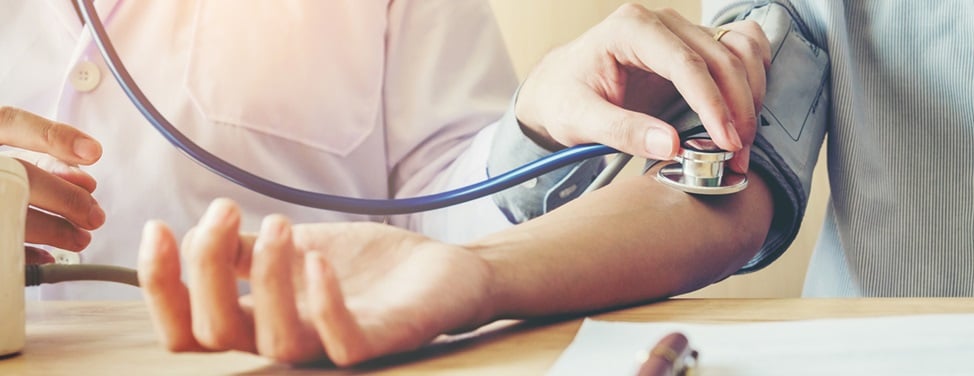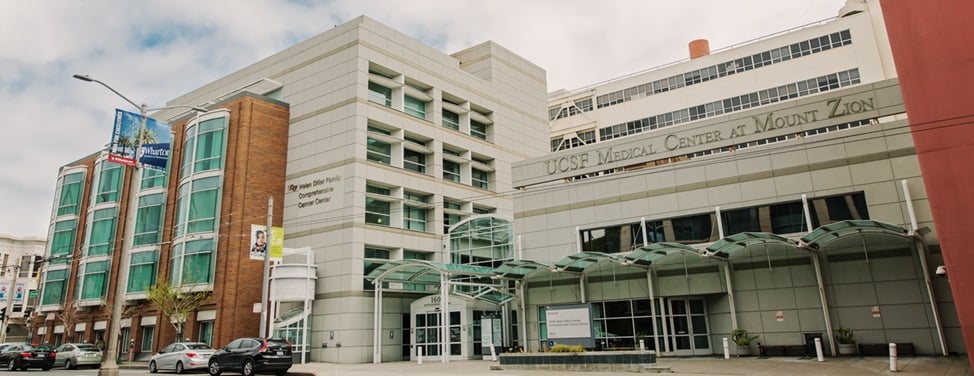
Stress and Heart Disease
Life without stress would be boring. Some types of stress, such as physical activity, actually can help you relax and handle mental or emotional stress. When stress is prolonged or particularly frustrating, however, it can become harmful – causing distress or "bad stress." Too much distress can seriously affect your physical and mental well-being, causing high blood pressure, ulcers and even heart disease.
The challenge is to make the stress in your life work for you instead of against you. Here are some suggestions on how to handle stress.
Get Active
When you are nervous, angry or upset, release the pressures through physical activity. Possible activities include running, walking, playing tennis, swimming, yoga, gardening or even cleaning the house. Physical activity will often relieve tensions and relax you. Remember, your body and mind work together.
Get Support
It can help to talk to someone about your concerns and worries. Perhaps a friend, family member, clergyman or health care provider can help you see your problem in a different light. If you feel your problem is serious, seek professional help from a psychologist, psychiatrist or social worker.
Learn to Accept
If a problem is beyond your control and cannot be changed at the moment, don't fight the situation. Learn to accept what is – for now – until such time when you can change it. Remember the Serenity Prayer, most commonly attributed to the theologian Reinhold Niebuhr: "God, grant me the serenity to accept the things I cannot change; courage to change the things I can; and wisdom to know the difference."
Be Good to Yourself
You are special. Get enough rest and eat well. If you are irritable and tense from lack of sleep or if you are not eating correctly, you will be less able to deal with stressful situations.
Make Time for Fun
Schedule time for both work and recreation. Play can be just as important to your well-being as work – you need a break from your daily responsibilities to just relax and have fun.
Participate
One way to keep from getting bored, sad and lonely is to be where the action is. Get involved and become a participant. For instance, offer your services in neighborhood or volunteer organizations. Help yourself by helping other people. Get involved in the world and the people around you, and you'll find they will be attracted to you. You're on your way to making new friends and enjoying new activities.
Check Off Your Tasks
Trying to take care of everything at once can seem overwhelming, and as a result, you may not accomplish anything. Instead, make a list of your tasks, then do one at a time, checking them off as they're completed. Give priority to the most important ones and do those first.
Try Cooperation Instead of Confrontation
It's better than fighting and always being "right." A little give and take on both sides will reduce the strain and make you both feel more comfortable.
Know It's OK to Cry
A good cry can be a healthy way to relieve anxiety, and it might even prevent a headache or other physical consequence. Take some deep breaths – they also release tension.
Create a Quiet Space
A quiet country scene painted mentally, or on canvas, can take you out of the turmoil of a stressful situation. Change the scene by reading a good book or listening to beautiful music to create a sense of peace and tranquility.
Avoid Self-Medication
Although you can use drugs to relieve stress temporarily, drugs do not relieve the condition that caused the stress in the first place. In fact, drugs may be habit-forming and create more stress than they take away. They should be taken only on the advice of your health care provider.
Engage in Mindfulness Meditation
Mindfulness is the practice of becoming more fully aware of the present moment, instead of dwelling in the past or projecting into the future. In practicing mindfulness meditation, one attends to a particular aspect of the present moment, such as physical sensations associated with breathing. Meditation is not the experience of being blank, but of noticing, being aware, and being awake to the automatic habitual thoughts that come to us.
Mindfulness meditation can help you cope with stress, deepen your ability to concentrate, improve your relationship with yourself, practice responding rather than reacting, and explore the inner workings of the mind. The self-regulatory practice of mindfulness meditation is linked to a number of health benefits.
While mindfulness has origins in Eastern philosophy and Buddhism, there is no necessary religious component to mindfulness. Anyone, with any belief system, can enjoy the benefits of mindfulness. For a podcast of guided mindful meditations, visit mindfulness.ucsd.edu.
Adapted from the National Institute of Mental Health Office of Scientific Information: Plain Talk Series, DHHS Publication No. (ADM) 91-502 Printed 1977, Revised 1983 Reprinted 1985, 1987, 1991
UCSF Health medical specialists have reviewed this information. It is for educational purposes only and is not intended to replace the advice of your doctor or other health care provider. We encourage you to discuss any questions or concerns you may have with your provider.


















